Nigel Farage has distanced himself from Tommy Robinson after Elon Musk swung behind the jailed political activist, calling for his release.
The Reform UK leader said Mr Robinson, whose real name is Stephen Yaxley-Lennon, is “not what we need”, as his party seeks to challenge Labour in upcoming elections.
Mr Farage heaped praise on Mr Musk, reportedly mulling a multi-million pound donation to his party, calling him a “hero figure, especially for the youth”.

But, ahead of his party’s East Midlands Conference in Leicester on Friday evening, he distanced his party from Robinson, who is serving an 18-month prison sentence for contempt of court which began in October.
Mr Musk wrote on his social media website X, formerly Twitter, on Thursday: “Free Tommy Robinson.”
Asked about the tech billionaire’s post, Mr Farage told GB News: “He’s attacking the leadership of Britain.”
Turning to the UK government’s handling of child grooming gangs, amid calls for a public inquiry into child sexual exploitation in Oldham, the party leader continued: “I mean, (Mr Musk is) saying Britain has been terribly badly led and that the grooming scandal, the mass rape scandal which has resurfaced and transcripts of what was said in court have been online – and I recommend you at home don’t read them, you won’t sleep at night.

“And so, yes, he is attacking the leadership of Britain. He’s very supportive of me. He’s very supportive of the party.
“He sees Robinson as one of these people that fought against the grooming gangs. But of course the truth is Tommy Robinson’s in prison not for that, but for contempt of court.”
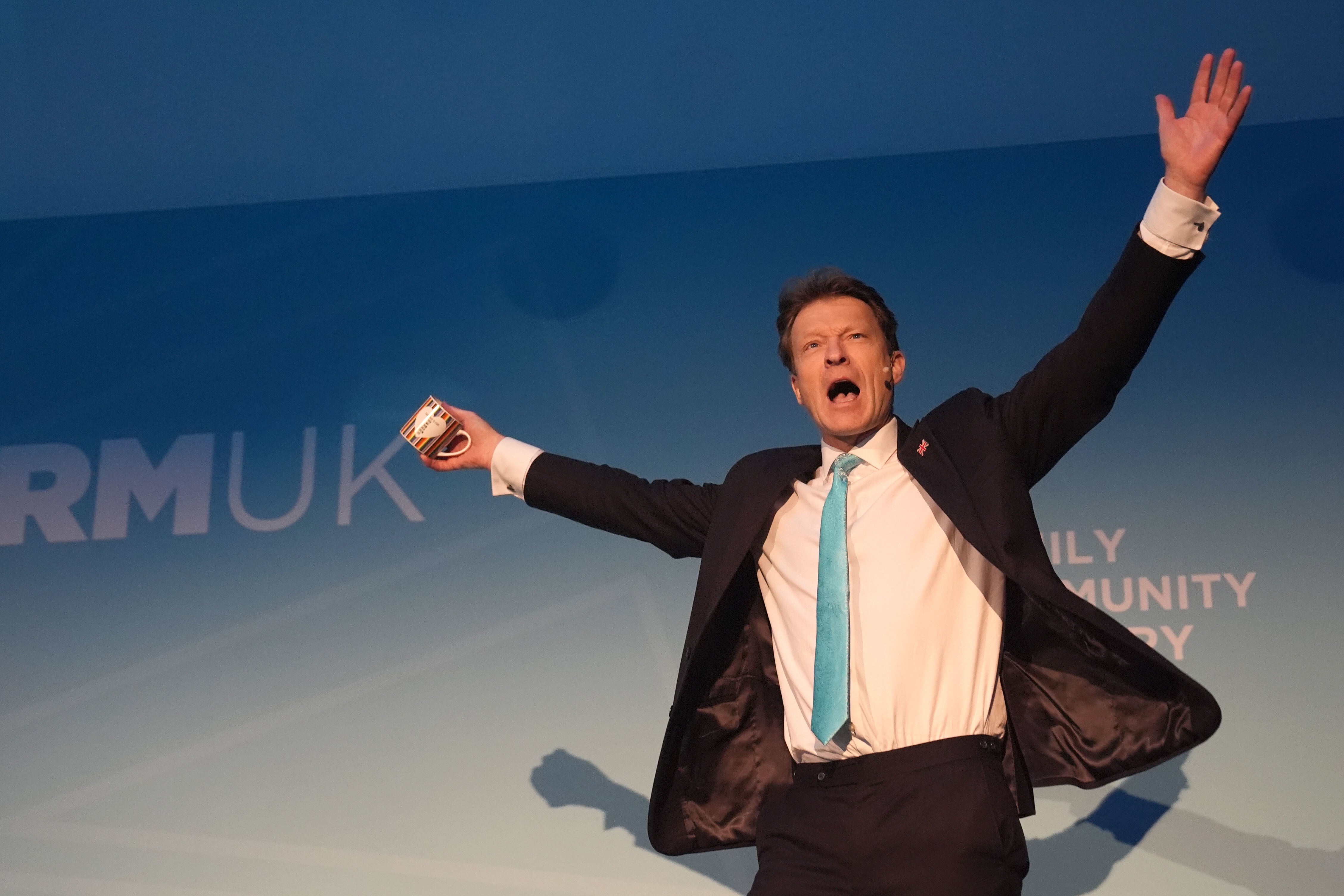
On whether Reform UK would accept support from Robinson – whose real name is Stephen Yaxley-Lennon – in the future, Mr Farage replied: “We’re a political party aiming to win the next general election. He’s not what we need.”
Pollster Luke Tryl, UK director of the More in Common think tank, said embracing Mr Robinson would be “anathema to electoral success” because of his divisiveness. In August, just 11 per cent of British adults said they have a positive view of the far-right figure.
And Mr Farage has recognised this previously, saying in 2018 that he was “appalled” by his former party Ukip appointing him as an adviser.
The Clacton MP also said that Mr Musk, who backed Donald Trump’s winning campaign in last year’s US presidential election, “is helping us all right”.
He will help us enormously because he’s a hero figure, especially for the youth who really do admire this man and if it comes to him helping us financially, that’s fantastic
Nigel Farage on Elon Musk
Mr Farage said: “It’s a mixture of things as to how he fought that ground campaign for the Republicans in the key states, seven key states, and that was the task that he picked up, so we’ve learned a lot from that.
“He will help us enormously because he’s a hero figure, especially for the youth who really do admire this man and if it comes to him helping us financially, that’s fantastic.”
On calls for a public inquiry into child sexual exploitation in Oldham, Mr Farage said he wanted a “full public inquiry with the glare of publicity”.
Home Office minister Jess Phillips previously denied requests from Oldham Council to lead a public inquiry into child sexual exploitation in the borough.
In a letter to the authority in Greater Manchester, Ms Phillips said she believes it is “for Oldham Council alone to decide to commission an inquiry into child sexual exploitation locally, rather than for the Government to intervene”.
An Oldham Council spokesman previously said: “Survivors sit at the heart of our work to end child sexual exploitation. Whatever happens in terms of future inquiries, we have promised them that their wishes will be paramount, and we will not renege on that pledge.”











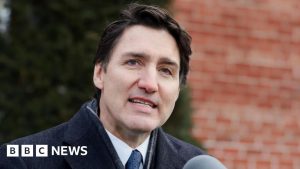
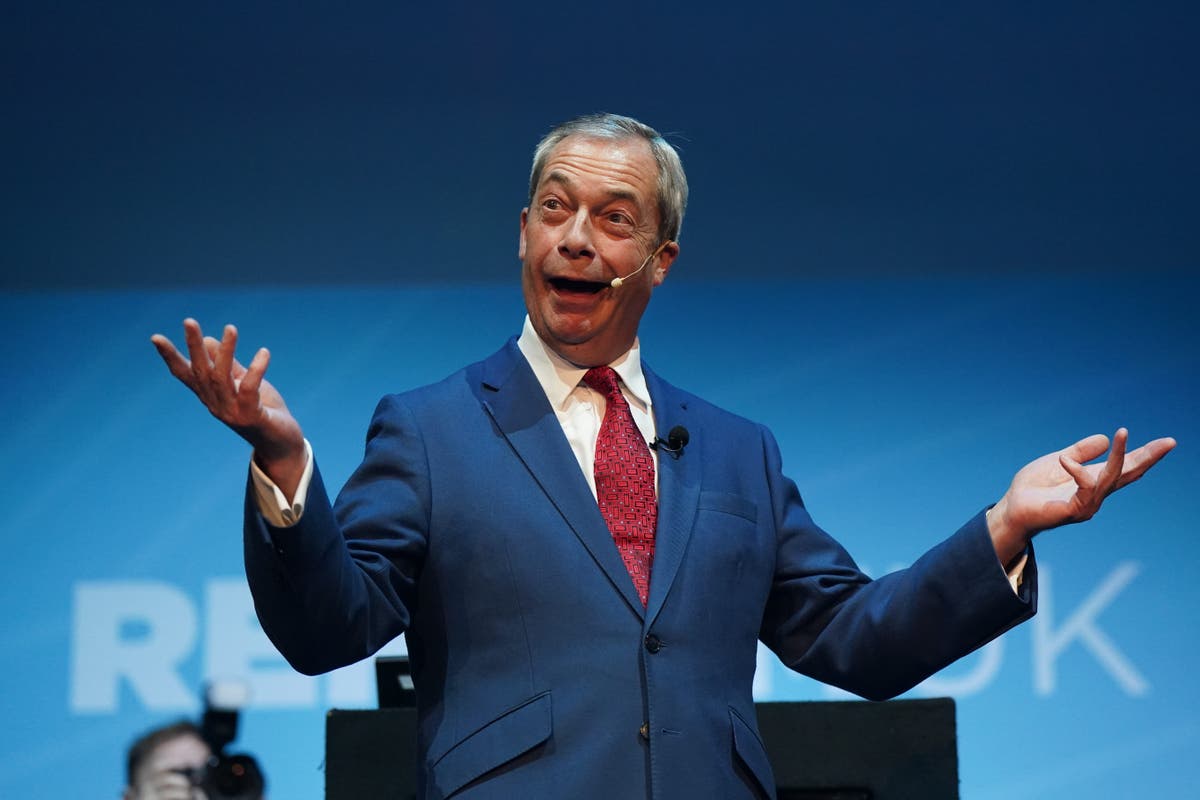



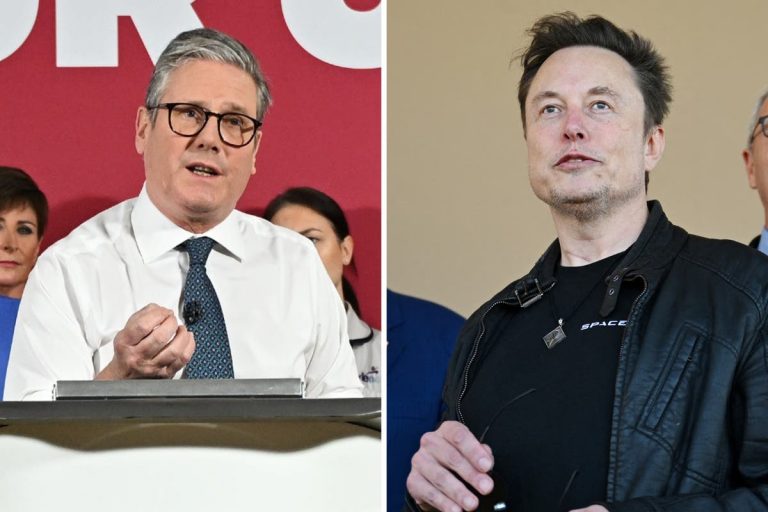
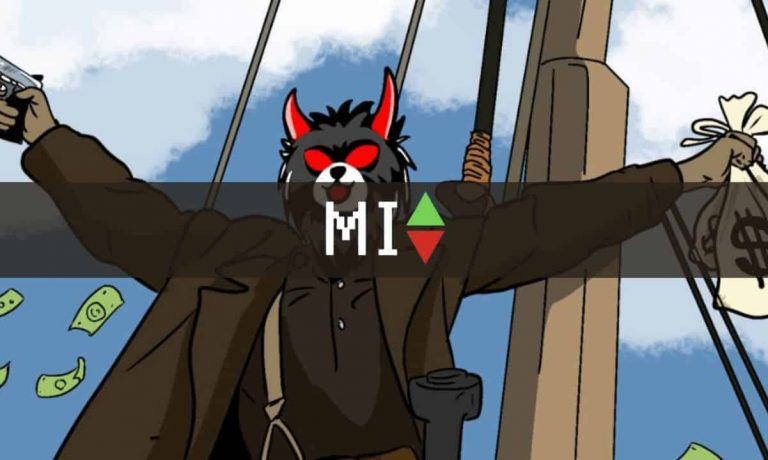
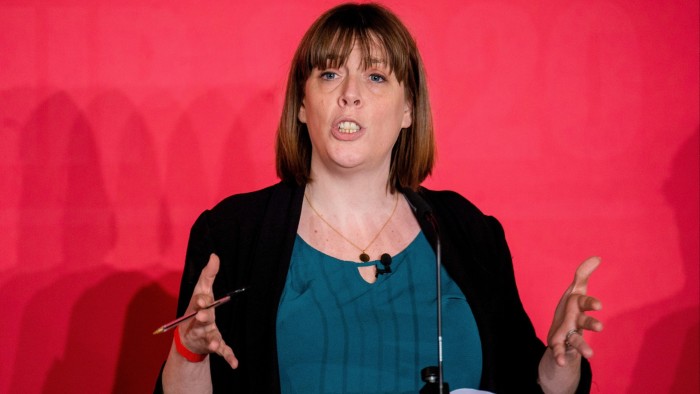



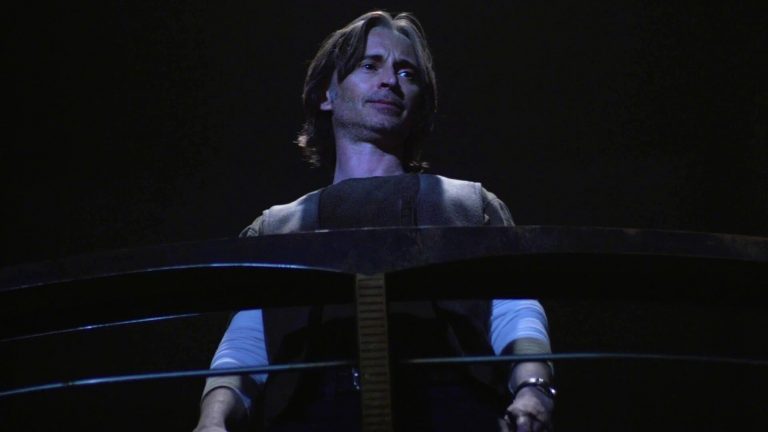
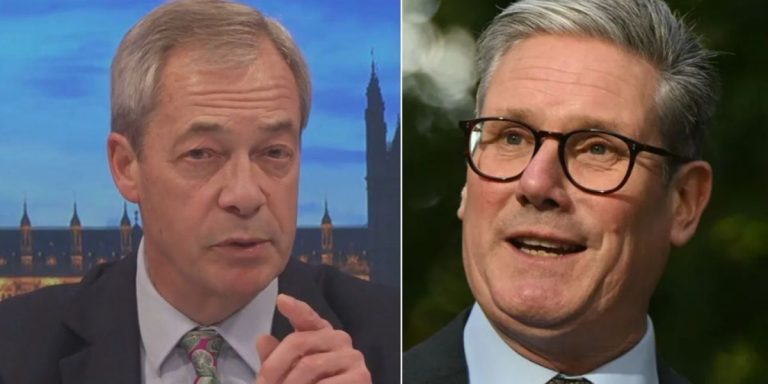

+ There are no comments
Add yours